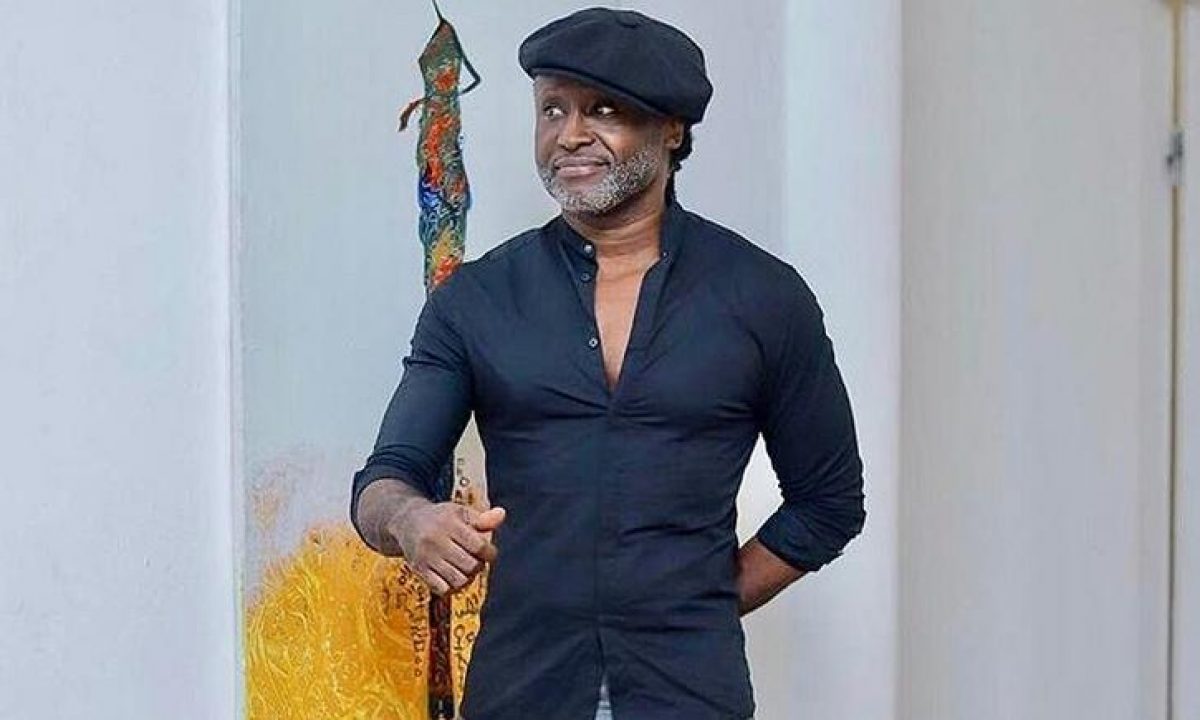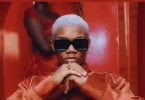In a recent Joy997fmTwitter Spaces session hosted by kwame Dadzie ,Ghanaian rapper and hiplife pioneer ReggieRockstone expressed his belief that the Grammy Awards may have made a typographical mistake in the Best African Music Performance category. The acclaimed artist argued that the genre “hiplife” was mistakenly referred to as “highlife” in the nominations, sparking a conversation among music enthusiasts and industry professionals.
During the Twitter Spaces session on Joyfm, ReggieRockstone passionately discussed the cultural significance of hiplife, a genre he helped popularize in Ghana during the 1990s. Hiplife combines highlife music with elements of hip-hop, creating a unique and influential sound that has resonated with audiences across Africa and beyond and he also added that “I am happy that we are in there because it could have gone the other way but it definitely became an eyebrow raiser when I realised the old lady hiplife wasn’t in there. The old lady’s grandmama is in there. That’s highlife. Even Mapouka is in there.
According to ReggieRockstone, the inclusion of the term “highlife” instead of “hiplife” in the Grammy Awards nominations could be seen as a typographical error or a lack of understanding about the specific genre. He highlighted the distinct characteristics and contributions of hiplife, emphasizing its impact on African music and its global recognition.
Impact of the Typographical Error: The suggestion of a typographical error in the Grammy Awards genre category for Best African Music Performance has generated considerable discussion and debate within the music community. Many fans and supporters of hiplife echoed ReggieRockstone’s concerns, emphasizing the need for accurate representation and recognition of the genre.
ReggieRockstone’s suggestion that the Grammy Awards may have made a typographical error by listing “highlife” instead of “hiplife” in the Best African Music Performance category has sparked an important conversation within the music industry. This incident highlights the need for accurate representation and recognition of genres, particularly within the diverse and rich landscape of African music.







